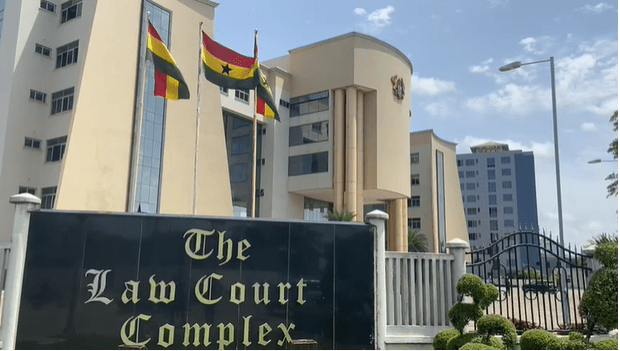The High Court in Accra has issued a firm directive to the Electoral Commission of Ghana (EC) to complete the collation of election results for the constituencies of Tema Central, Ablekuma North, Okaikwei Central, and Techiman South by January 6, 2025.
The ruling also mandates that the Inspector General of Police provide adequate armed security to ensure the smooth execution of the collation process.
The decision stems from the successful granting of mandamus applications filed by New Patriotic Party (NPP) candidates in these constituencies, compelling the EC to fulfil its statutory duties.
The ruling, delivered by Justice Forson Agyapong, is rooted in legal principles guiding mandamus applications and underscores the EC’s obligation to ensure transparency and accuracy in electoral processes.
In his judgment, Justice Agyapong outlined the prerequisites for a successful mandamus application, emphasising the following conditions: a lack or excess of jurisdiction by the public authority, an error of law on the face of the proceedings.
Others include a failure to adhere to the rules of natural justice and violations of the “Wednesbury principles”, which assess reasonableness in administrative decisions.
The judge further explained that applicants must demonstrate the existence of a public duty, a clear demand for that duty to be carried out, and substantial prejudice caused by the failure to perform the duty.

Case Analysis by Constituency
In Tema Central, Justice Agyapong determined that the EC failed to collate all results due to the omission of two polling stations. He clarified that declarations made by individuals other than the designated returning officer are legally invalid.
With Ablekuma North, the court found that the EC had declared results based on only 219 out of 281 polling stations, leaving 62 polling station results uncollated. This omission rendered the declared results incomplete.
Also, in the Okaikwei Central constituency, the EC was found to have declared results from 110 out of 141 polling stations, failing to account for the remaining 31 stations. The court identified this as a dereliction of the EC’s public duty.
Finally, in the Techiman South, The EC was similarly faulted for declaring results based on only 135 out of 282 polling stations. Justice Agyapong ruled that this failure significantly compromised the accuracy of the declared results.
The court directed the EC to immediately collate the outstanding results from all affected polling stations in these constituencies and incorporate them into the final tally before making any official declarations.
Additionally, the Inspector General of Police was instructed to deploy sufficient security personnel to oversee the collation process, ensuring the safety of officials and the integrity of the exercise.
This ruling highlights the judiciary’s critical role in safeguarding electoral transparency and accountability in Ghana. By compelling the EC to fulfill its statutory duties, the court reinforces the principle that election results must reflect the will of the electorate as captured in all polling stations.
READ ALSO: Ghana Struggles Balancing Mining Growth and Environmental Protection




















